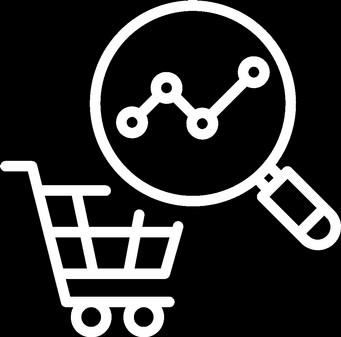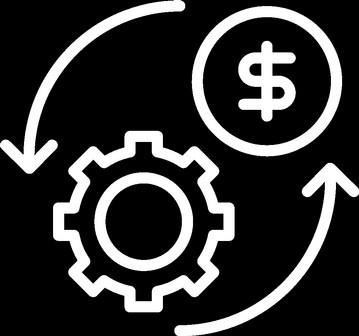
















Polyester thread is a synthetic sewing material manufactured from petroleum-based polyester fibers. These threads are produced by melting and spinning polyester at high temperatures before being cooled and processed into yarn. Known for its durability and versatility, polyester thread dominates the synthetic fiber market due to its resistance to shrinkage, stretching, and chemicals. It finds extensive applications across apparel, home textiles, automotive interiors, and industrial sewing due to its strength and colorfastness.


The market growth is driven by increasing gold mining activities, particularly in Asia-Pacific and Africa, where cyanide leaching remains the dominant extraction method. However, environmental concerns and stringent regulations pose challenges to market expansion.









The global apparel industry, valued at over $1.5 trillion annually, continues to be the primary driver for polyester thread consumption. As fast fashion brands increasingly favor synthetic fibers for their durability and costeffectiveness, polyester thread has become the backbone of mass-produced clothing. The textile sector accounts for nearly 65% of global polyester thread consumption, with fast-growing markets in South Asia and Africa driving demand. Polyester's superior tensile strength— 30-40% higher than cotton—makes it particularly valuable for high-wear applications like sportswear and outdoor gear, which are experiencing 7-9% annual growth globally.



Next-generation polyester threads incorporating graphene nanoparticles or conductive coatings are creating opportunities in smart textiles and wearable technology. The global market for smart textiles, projected to reach $13 billion by 2030, demands threads that can integrate sensors and power transmission capabilities while maintaining sewing performance. Recent breakthroughs include:


The increasing adoption of automated sewing and embroidery systems is driving demand for high-performance polyester threads with consistent tensile strength. Industrial sewing machines operating at 5,000-8,000 stitches per minute require thread that can withstand extreme conditions without breaking, pushing manufacturers to develop core-spun polyester threads with enhanced durability. This technological shift is particularly evident in automotive upholstery and technical textiles, where thread failure rates have decreased by 23% through advanced polymer formulations and precision winding techniques.


The North American polyester thread market maintains steady demand primarily from the apparel and home furnishings sectors, with the U.S. accounting for nearly 80% of regional consumption. While facing competition from Asian imports, domestic producers focus on high-performance and specialized threads for industrial applications. The region sees growing interest in sustainable polyester options, driven by brand sustainability commitments and increasing consumer awareness about textile circularity.
Europe's market emphasizes quality and sustainability, with strict regulations influencing polyester thread production and usage. Germany, Italy, and France lead regional demand, particularly for premium apparel and technical textile applications. The EU's circular economy action plan is prompting thread manufacturers to invest in recycled polyester solutions, though cost differentials with conventional polyester remain a challenge for widespread adoption.




• Coats Group (UK)
• American & Efird (U.S.)
• AMANN (Germany)
• Threads India (India)
• FUJIX (Japan)
• Hengxin (China)
These companies represent some of the major key players driving innovation and growth in the market, contributing significantly to global supply and competitive dynamics.


Founded in 2015, 24chemicalresearch is a trusted name in global chemical industry intelligence. We specialize in delivering high-quality market research reports, empowering over 30+ Fortune 500 clients with data-driven insights for strategic growth. Our team of experienced analysts delivers customized, reliable, and timely research backed by a rigorous methodology. From mining regulatory trends to forecasting market opportunities, our reports help companies navigate industry challenges, stay competitive, and grow confidently.
As a one-stop platform for the chemical sector, we offer:
• Deep specialization in chemical market analysis
• Customized reports tailored to your needs
• A robust portal with free samples, consulting, and competitive insights














